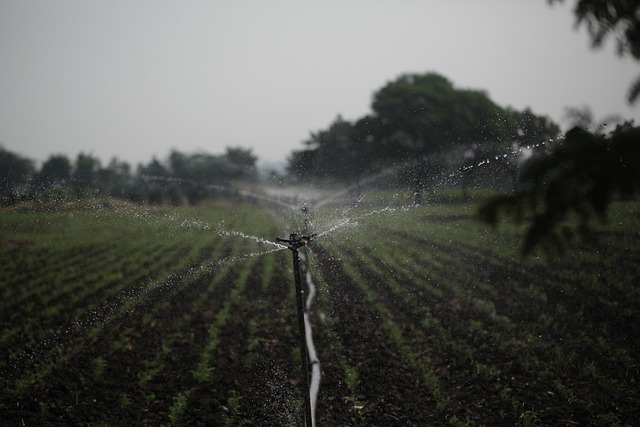Green Solutions: Environmentally Friendly Water Management Strategies for Climate Change Mitigation
As the global climate crisis deepens, the intersection between our water management practices and environmental sustainability becomes increasingly vital. Water is not just a resource; it is the lifeblood of our ecosystems and communities. Yet, traditional water management strategies often exacerbate climate challenges rather than address them. This realization has led to innovative approaches centered around sustainable practices, which contribute to both climate change mitigation and the preservation of our cherished environment.
The Importance of Sustainable Water Management
Water management plays a crucial role in reducing greenhouse gas emissions and adapting to the changing climate. Inefficient water use, pollution, and infrastructure decay can lead to significant emissions. By shifting towards more sustainable practices, we can create a positive feedback loop: improving water quality and accessibility while reducing our carbon footprint.
Innovative Techniques in Water Management
1. Rainwater Harvesting: Collecting rainwater for irrigation and other uses not only conserves groundwater but reduces dependency on municipal water supply systems. This sustainable solution also lowers associated energy costs and emissions.
2. Constructed Wetlands: Utilizing wetlands as a natural filtration system for stormwater and wastewater treatment can effectively mitigate pollution while providing habitats for wildlife. These ecosystems contribute to biodiversity and carbon sequestration, making them a dual solution for climate change and environmental health.
3. Greywater Recycling: Implementing systems to recycle greywater from sinks and showers for irrigation helps conserve fresh water and reduce wastewater. This practice minimizes the energy and emissions associated with conventional wastewater treatment processes.
The Role of Community Engagement
While technical solutions are essential, community engagement is crucial for successful water management strategies. Involving local populations in decision-making fosters a sense of ownership and responsibility towards their resources. Education on sustainable practices leads to behavioral changes that can have lasting impacts on water conservation and environmental protection.
Policy and Governance: Shaping Sustainable Water Futures
Effective policies that prioritize sustainability in water management are critical for addressing the impacts of climate change. By promoting regulations that encourage green infrastructure, investment in renewable energy for water systems, and conservation practices, governments can lead the charge towards environmentally friendly solutions. Collaborative efforts between local, state, and national entities can create a comprehensive framework to tackle the challenges posed by a changing climate.
Embracing a Green Future
Embracing environmentally friendly water management strategies not only contributes to climate change mitigation but also reflects a commitment to preserving our planet for future generations. As individuals and communities, we have the power to enact change through simple choices that honor our environment. By prioritizing water conservation and sustainability, we can protect our ecosystems and work towards a more resilient future.



